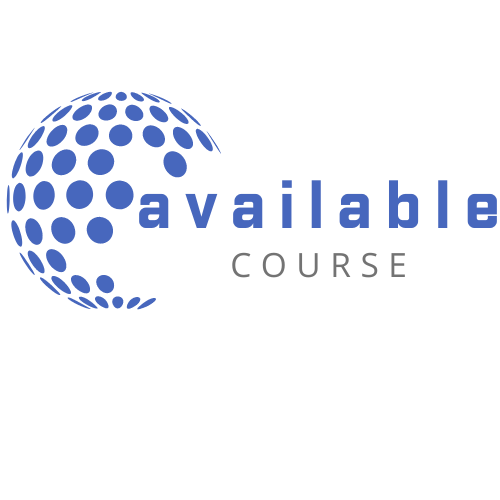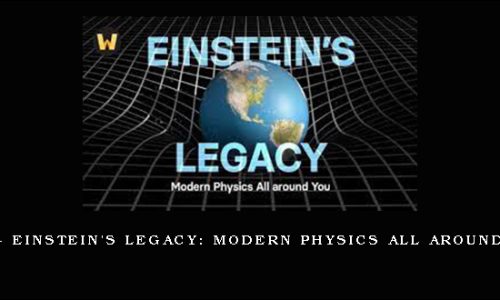
TTC – Real Zen for Real Life
Download TTC – Real Zen for Real Life on Avaicourse.org
This course is available immediately. Please contact us at [email protected] with the best service for more detailed advice.
Description:
What do you think of when you hear the word “Zen”? Many Westerners may associate Zen with the counterculture of the 1960s and 70s, while others may associate it with today’s hipster culture. Many use the word to simply mean laid back and relaxed.
But what does Zen really mean? Zen is a school of Buddhism and a rigorous spiritual discipline. To understand what Zen is really about, it is vital not only to study its profound philosophical teachings, but also to engage in the practice of Zen. The word “Zen” means meditation, and Zen meditation is a practice of “clearing the heart-mind.” For Zen, an open mind entails an open heart, and this open heart-mind is the source of both creativity and compassion.
Professor Bret W. Davis, Professor of Philosophy and the T. J. Higgins, S.J., Chair in Philosophy at Loyola University Maryland, has created a highly accessible introduction to the philosophical teachings as well as the meditative practice of Zen with Real Zen for Real Life. Applying the intellectual acumen of a philosophy professor, the erudition of an academic scholar, and the spiritual experience of a practitioner and teacher of Zen, this course reflects the push and pull between Eastern and Western traditions and cultures with the goal of making the study and practice of Zen more accessible and engaging to all viewers.
Over the course of 24 lessons-including meditation checkups at the end of eight of the lessons-you will learn both what Zen has traditionally meant for East Asians and what it can mean for contemporary Westerners. Prepare to be challenged as Professor Davis asks you to set aside your preconceptions in order to open yourselves to what Zen masters who lived in the past and in distant lands have to teach you. You will especially need to be open to the possibility that Zen may be able to teach you about yourself. This course aims to challenge and inspire you, both intellectually and personally.
Practicing What You Preach
Laden with personal connections, Professor Davis consciously participates in the process of transplanting the authentic Eastern teachings of Zen into a Western cultural context. His goal is not just to teach you about Zen; he wants you to learn from Zen.
This course is an invitation to engage in the practice of Zen as well as to learn about its philosophical articulations and implications. It aims to teach you about real Zen, and how to relate it to your real life. And no matter what your cultural and religious background, you will discover how Zen can enhance your life and enable you to reflect more clearly and deeply on your accustomed beliefs and values. Through Zen practice, you can awaken a state of mindfulness-of being in the present moment-that can help you attain what Zen masters call the “everyday even mind” or a state of unperturbed attentiveness in the midst of all life’s ups and downs, twists and turns.
One important concept you will e x a mine and learn to embody is karma. Often associated with retribution or the concept of “what comes around goes around,” with Professor Davis, you will actually engage with this concept not as an outside force that the universe uses to right wrongs, but as an inner guide of the self. As you will see, karma is about becoming the person you want to be by practicing your own values and integrating healthy, positive habits that shape your everyday experience of the world, with all its inevitable complications and setbacks.
Change Comes from Within
A Zen master goes to buy a hot dog on the streets of New York, and he says to the vendor, “Make me one with everything.” Jokes aside, what does it really mean, according to Zen Buddhism, to become one with everything, or to realize the oneness of everything? What it does not mean is to lose one’s individuality or uniqueness, to melt into a homogenous blob. For Zen, “non-duality” is about interconnectedness. . It is about realizing our intimate co-existence with other people and with the natural environment.
Jokes aside, what does it really mean, according to Zen Buddhism, to become one with everything, or to realize the oneness of everything?
Zen is often not very well understood in the West. While there are hundreds of books, websites, and guides that claim to showcase the ‘Zen’ of “something” (golf, cooking, pets, etc.), this course digs into the realities of Zen. As you get a thorough explanation of the main philosophies of Zen, you will learn how its lessons are applicable to all modern Westerners, not just monastics and other committed Zen practitioners. For e x a mple, Professor Davis stresses that Zen Buddhist philosophy can deepen your understanding of Christianity as well as your connection to other people and the world. He compares Zen with other schools of Buddhism, and with other religions as well
Over the course of 24 lessons, you’ll see how the pivotal role of meditation distinguishes Zen even among other schools of Buddhism. With Professor Davis’s guidance, you’ll e x a mine the T
NLP online course
So what is NLP?
Firstly, NLP stands for Neuro-Linguistic Programming. Secondly neuro refers to your neurology;
Thirdly linguistic refers to language however, programming refers to how that neural language functions.
As a result,In other words, learning NLP is like learning the language of your own mind!
Moreover, NLP is the study of excellent communication–both with yourself, and with others.
It was developed by modeling excellent communicators and therapists who got results with their clients.
NLP is a set of tools and techniques, but it is so much more than that.
In conclusion, It is an attitude and a methodology of knowing how to achieve your goals and get results.
More Course: NLP – HYPNOSIS – PHILOSOPHY
Outstanding Course:Dr.Paul – MindOS-2nd Edition
Course Features
- Lectures 0
- Quizzes 0
- Duration 10 weeks
- Skill level All levels
- Students 0
- Assessments Yes





